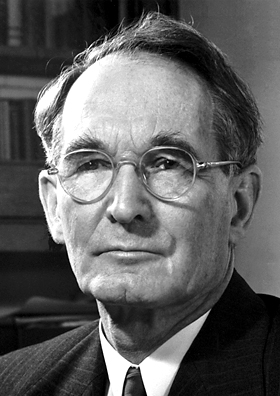
Percy Williams Bridgman was an American physicist who received the 1946 Nobel Prize in Physics for his work on the physics of high pressures. He also wrote extensively on the scientific method and on other aspects of the philosophy of science. The Bridgman effect, the Bridgman–Stockbarger technique, and the high-pressure mineral bridgmanite are named after him.

Peter Francis Tague was a member of the United States House of Representatives from Boston, Massachusetts.

James Ambrose Gallivan was a United States representative from Massachusetts.

Charles Franklin Sprague was a U.S. Representative from Massachusetts, grandson of Peleg Sprague (1793–1880).

Ernest William Roberts was a U.S. Representative from Massachusetts.

John Andrew Sullivan was a U.S. Representative from Massachusetts.

Michael Francis Phelan was a U.S. Representative from Massachusetts.

James Jefferson Myers was a U.S. lawyer and politician who served as the Speaker of the Massachusetts House of Representatives from 1900 to 1903.

William Shepherd was a Massachusetts politician who served in the Massachusetts House of Representatives and as the 29th Mayor of Lynn, Massachusetts.

Benjamin Franklin Haines (1876–1942) was a Massachusetts attorney and politician and a Florida businessman. Haines served as a member of the Medford, Massachusetts, board of aldermen, the Massachusetts House of Representatives, as the eighth mayor of Medford, Massachusetts, and as the mayor of Altamonte Springs, Florida.
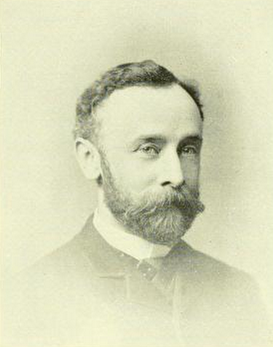
Eugene F. Endicott was a Massachusetts politician who served as the fourteenth Mayor of Chelsea, Massachusetts.]

Melvin Bernard Breath was an American lawyer and politician who served in the Massachusetts House of Representatives; and on the Board of Aldermen, and as the thirtieth Mayor of Chelsea, Massachusetts.

Edward Elsworth Willard was an American politician who served as Mayor of Chelsea, Massachusetts.
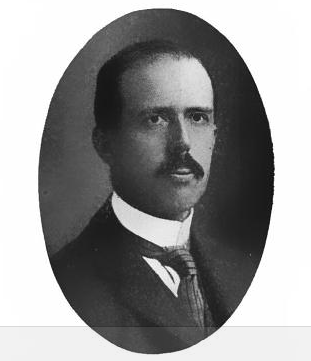
William D. Chapple was a Massachusetts lawyer and politician who served as President of the Massachusetts Senate.
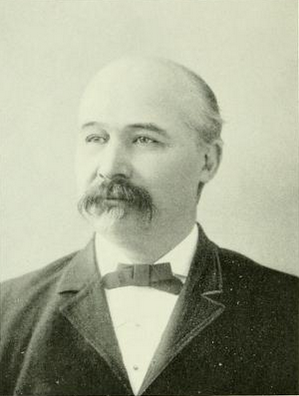
Marcus M. Merritt (1839-1916) was an American businessman and politician who served in both branches of the Chelsea, Massachusetts city council, and as a Member of the Massachusetts House of Representatives.

John Edward Beck was a Massachusetts businessman, and politician who served in both branches of the Massachusetts legislature; and as a member of the Board of Aldermen, and the twenty fourth Mayor of Chelsea, Massachusetts.
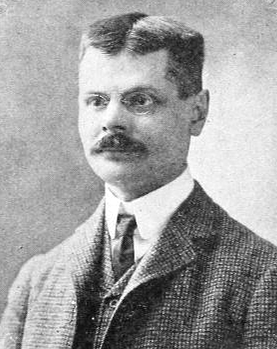
The 126th Massachusetts General Court, consisting of the Massachusetts Senate and the Massachusetts House of Representatives, met in 1905 during the governorship of William Lewis Douglas. William F. Dana served as president of the Senate and Louis A. Frothingham served as speaker of the House.
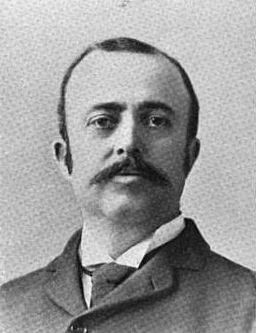
The 119th Massachusetts General Court, consisting of the Massachusetts Senate and the Massachusetts House of Representatives, met in 1898 during the governorship of Roger Wolcott. George Edwin Smith served as president of the Senate and John L. Bates served as speaker of the House.

The 121st Massachusetts General Court, consisting of the Massachusetts Senate and the Massachusetts House of Representatives, met in 1900 during the governorship of Winthrop M. Crane. George Edwin Smith served as president of the Senate and James J. Myers served as speaker of the House.
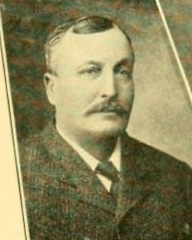
Adelbert S. Atherton was an American politician from Chicopee, Massachusetts, who served in the Massachusetts House of Representatives after being elected to the 125th Massachusetts General Court in 1903. Prior to being a state legislator for the second district, he was initially a farmer, then an auctioneer; and finally a merchant, and owner of a general store.
This page is based on this
Wikipedia article Text is available under the
CC BY-SA 4.0 license; additional terms may apply.
Images, videos and audio are available under their respective licenses.



















